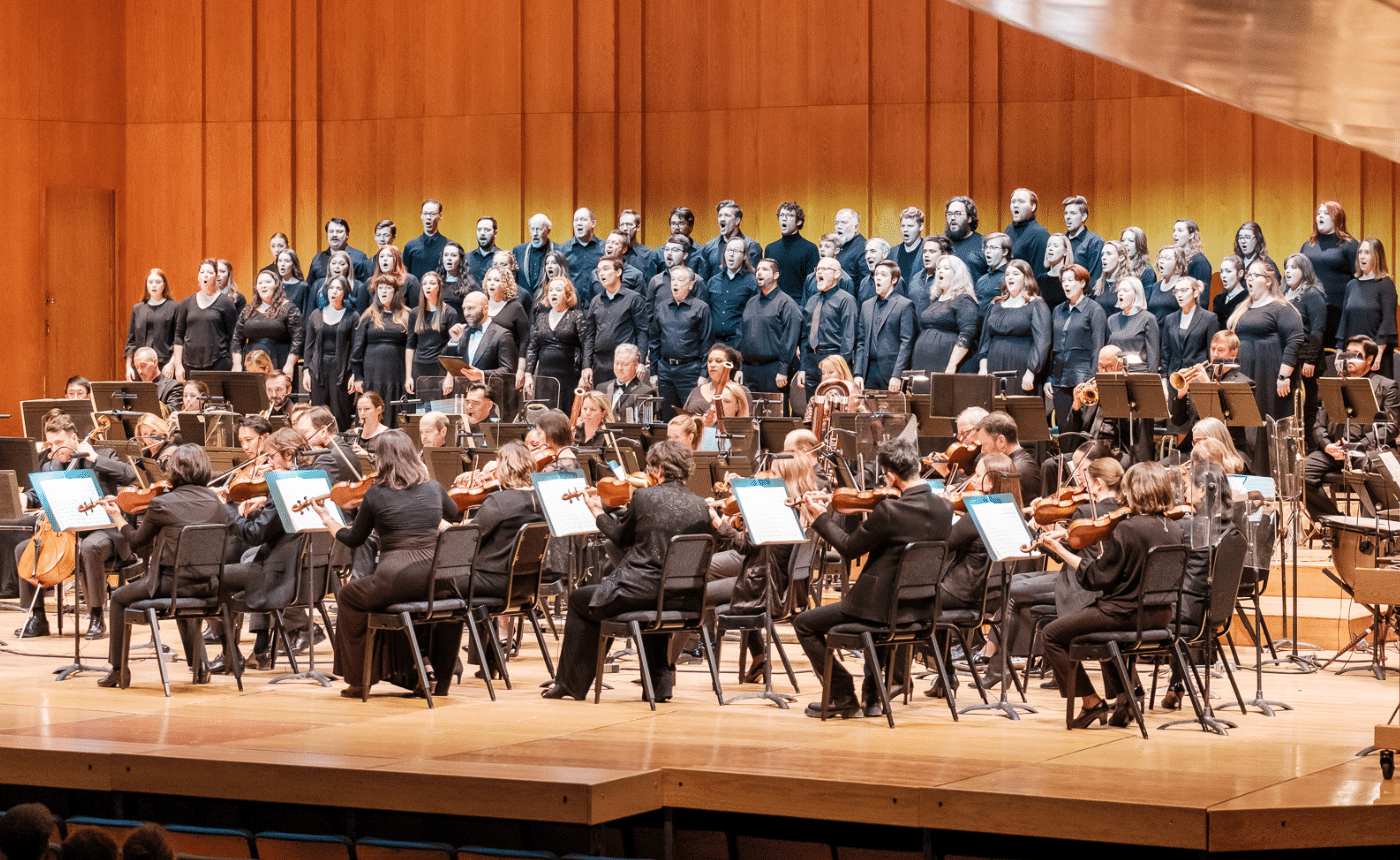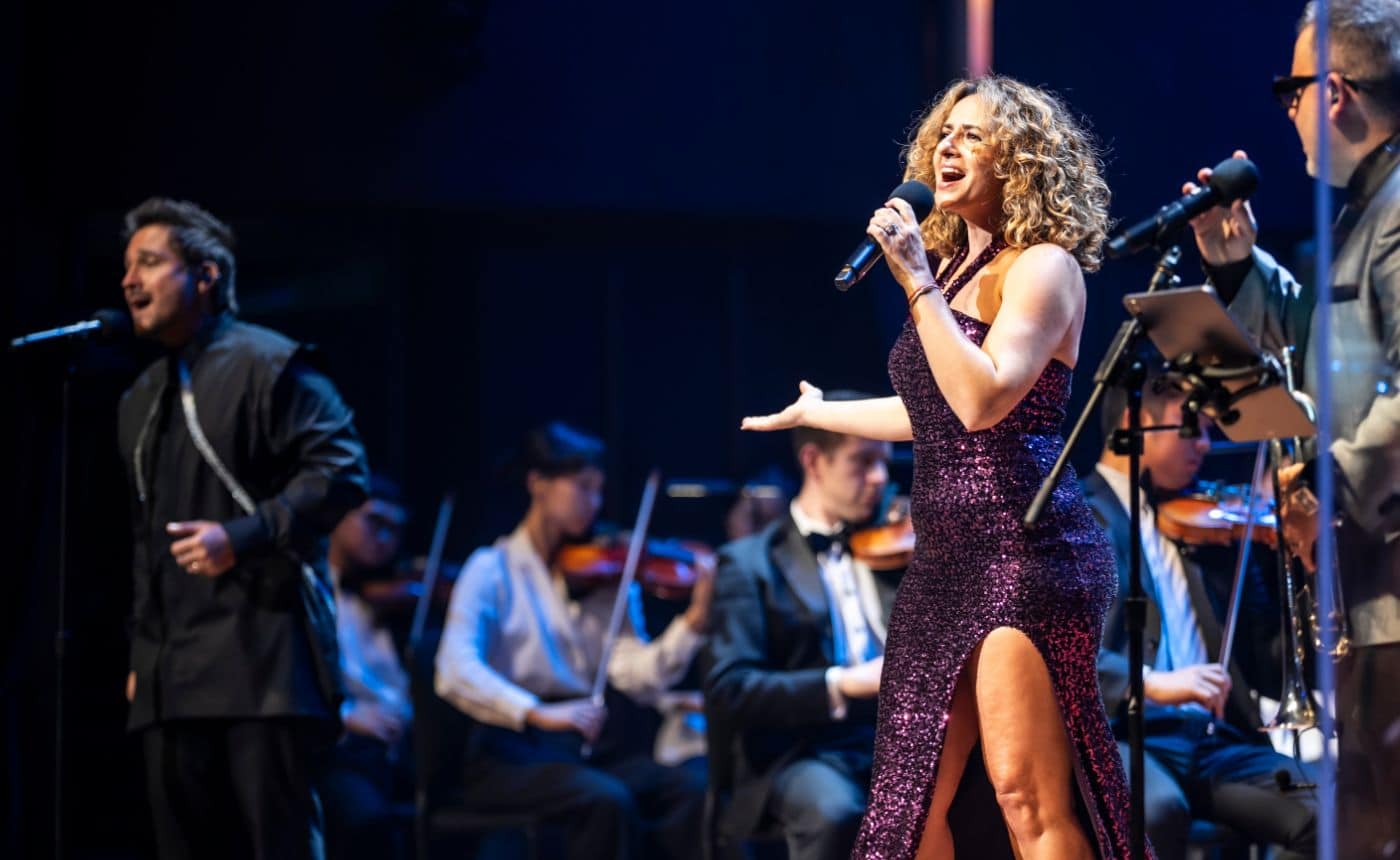Beethoven – Symphony No. 9
Written by Jeff Counts
Instrumentation: piccolo, 2 flutes, 2 oboes, 2 clarinets, 2 bassoons, contrabassoon, 4 horns, 2 trumpets, 3 trombones, timpani, bass drum, cymbals, triangle, strings, chorus.
Duration: 65 minutes in four movements.
THE COMPOSER – LUDWIG VAN BEETHOVEN (1770-1827) – After the completion of his final symphony, Beethoven actually considered a premiere location outside of Vienna. At the time, Beethoven harbored significant displeasure with the Austrian capital’s lack of support for serious music. When he made contact with promoters in Berlin regarding the 9th, word soon spread in Vienna and his admirers there presented him with letter of support that included a successful plea on behalf of the city and its audiences.
THE MUSIC – The 9th Symphony is difficult to define adequately, so massive was its scope and so indelible its historical importance. The work stood guard over the entirety of the 19th century, inspiring nearly every future composer to seek previously unknowable possibilities in the genre of the symphony. Beethoven ignored the limits of rhythm, harmony, structure and nearly every other Classical-era convention in this piece and the famous fourth movement defies even contemporary attempts at classification. That such disparate elements – from the Turkish March to the “Ode to Joy” to the fragmentary glimpses of the prior movements – could be so richly interwoven over its 24 minutes serves as final confirmation of Beethoven’s topmost place among the gods of our musical pantheon. The May 7, 1824 premiere at Vienna’s Karntnertortheatre surely ranks among the greatest public triumphs of his life. On the concert with the “Choral” Symphony were the Consecration of the House Overture and three sections of the Missa Solemnis. The sold-out house was incredibly enthusiastic and their ovation at the close of the symphony created one of the most poignant moments of the composer’s career. Beethoven, then fully deaf, continued to leaf through his score until one of the soloists got his attention and pointed to the cheering Viennese audience, to whom he politely bowed. It feels tragic now to recall the repeat performance which occurred a little over two weeks later – a poorly attended, financially disastrous affair that would be Beethoven’s last concert.
THE WORLD – 1824 saw the creation of the U.S. Bureau of Indian Affairs, the installation of Simon Bolivar as dictator of Peru, the official naming of New Holland as Australia, the birth of Stonewall Jackson and the death of Lord Byron.
THE CONNECTION – The frequently programmed “Choral” Symphony was last performed by the Utah Symphony in 2008 with Keith Lockhart.











